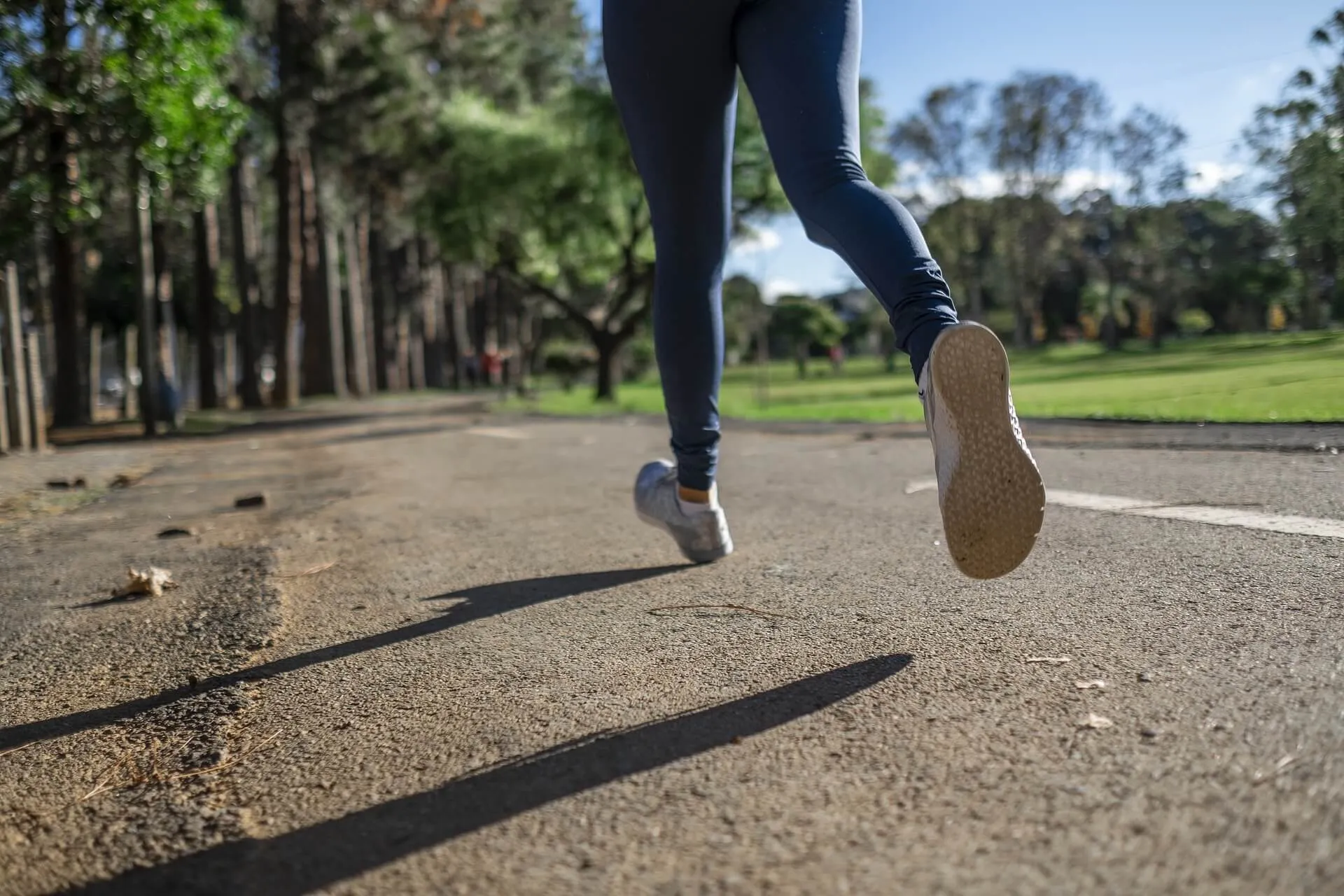Does Working Out Before Bed Impact Your Sleep Quality? Understanding the Science

When it comes to getting a good night's sleep, most people know that there are certain things you should avoid doing before bed, such as consuming caffeine or staring at bright screens. But what about working out? Can exercising before bed affect your sleep quality? The short answer is yes, working out before bed can impact your sleep quality. But, it's important to understand the science behind why this is the case in order to make an informed decision about when to exercise.
First, it's important to understand that exercise raises your body temperature. When you work out, your muscles generate heat, which causes your body temperature to increase. This is known as the "exercise-induced thermal response." This thermal response can take several hours to dissipate, and it can interfere with your ability to fall asleep.
Additionally, exercising before bed can also release certain hormones such as adrenaline and cortisol, which are associated with alertness and energy. This can make it harder to wind down and relax before bed, making it more difficult to fall asleep.
However, not all exercise is created equal when it comes to impacting sleep. High-intensity, vigorous exercise has been shown to have a greater impact on sleep than low-intensity, moderate exercise. This is because high-intensity exercise raises the body's temperature and releases more adrenaline and cortisol.
It is important to note that not all people are affected by this in the same way, some people can easily fall asleep after a vigorous workout, while others may have trouble sleeping. The best way to find out if this applies to you is by experimenting and keeping track of your sleep patterns, and also keep in mind that sleep needs vary from person to person.
So, what does this mean for you? If you're someone who struggles with falling asleep or has insomnia, it's probably best to avoid vigorous exercise close to bedtime. Instead, you may want to try low-intensity exercise, such as yoga or stretching, closer to bedtime. Yoga and stretching can help lower your body temperature and release endorphins, which can help you relax and fall asleep.
Another option is to exercise earlier in the day. This will allow your body temperature to return to normal and your hormones to settle down before bedtime, making it easier to fall asleep. According to research, exercising in the morning has been shown to improve sleep quality, boost energy levels and help people fall asleep faster at night.
It's also important to note that regular exercise has been shown to have a positive impact on sleep quality overall. Regular exercise can help you fall asleep faster, stay asleep longer, and improve the overall quality of your sleep. So, even if you can't exercise earlier in the day or avoid vigorous exercise close to bedtime, making sure to exercise regularly can still have a positive impact on your sleep.
In conclusion, science shows that exercising before bed can impact your sleep quality, particularly if you engage in high-intensity, vigorous exercise. However, by understanding the science behind this relationship, you can make an informed decision about when to exercise and how it affects your sleep. If you're someone who struggles with sleep, consider low-intensity exercise close to bedtime or earlier in the day. By making small adjustments to your exercise routine, you may be able to improve your sleep quality.





